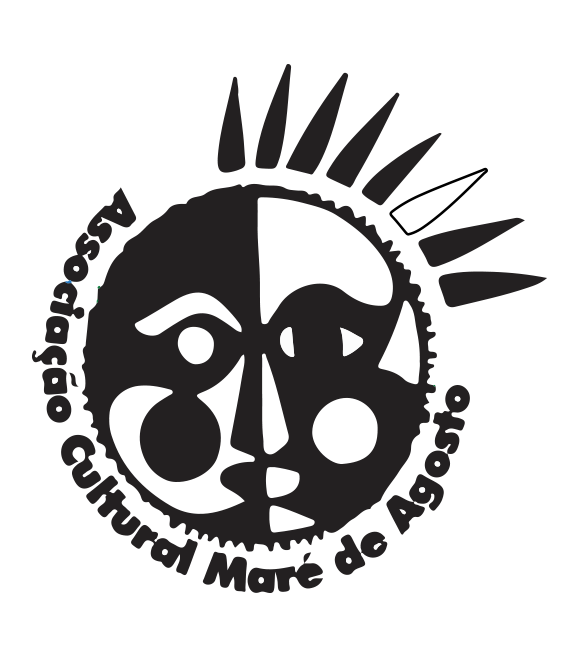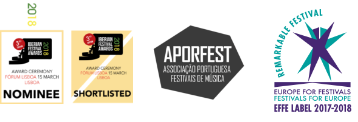History


The Associação Cultural Maré de Agosto was formally constituted on October 16, 1987, in Vila do Porto, after two years of activity with the main purpose of promoting and supporting cultural actions on the island of Santa Maria, especially with the organization of the Maré de Agosto Festival
The Association effectively resulted in a "magic night" in 1984, which without knowing it would be the first of many editions of the music Festival. The origin of the Festival Maré de Agosto was associated with the origin of the Association, when that night a group of Azorean artists decided to promote a meeting of musicians on the island.
The initiative was so pleasing to everyone that the decision to continue with the event was a natural one, deserving from the outset the consensus of all those involved, and is nowadays the main activity of the Association. However, in addition to the Festival's annual performance, the Association organizes various events in almost all artistic genres (workshops, theater, plastic arts, photography, etc.) and keeps the Escolinha da Maré: a music school in which musical training is offered to all who wish to develop their musical skills.
In 2002, the Association officially recognized its Statute of Public Utility Entity, having also received the Autonomous Civic Merit Badge in 2015 as part of the Azores Day celebrations, jointly organized by the Legislative Assembly and the Government of the Azores: “the result of a clear understanding of civic duties, and the relevant contribution to services to the community, particularly in the areas of social and cultural action. "
In addition to its own associative activity, the Association has as an associate member other entities with different associations, such as the European Platform EFFE - Europe for Festivals, Festivals for Europe, the responsibility of the European Festivals Association, APORFEST - Portuguese Association of Festivals Of Music, ARDE - Regional Association for Development and INATEL Foundation.
The Association assumes itself as one of the most important hubs of cultural and leisure action, in a small island of less than 6000 inhabitants, and as an undeniable reference in the Azorean cultural panorama. In the same way, the association activity has made an enormous contribution to the economic dynamism of the island of Santa Maria, especially in the tourism sector.





